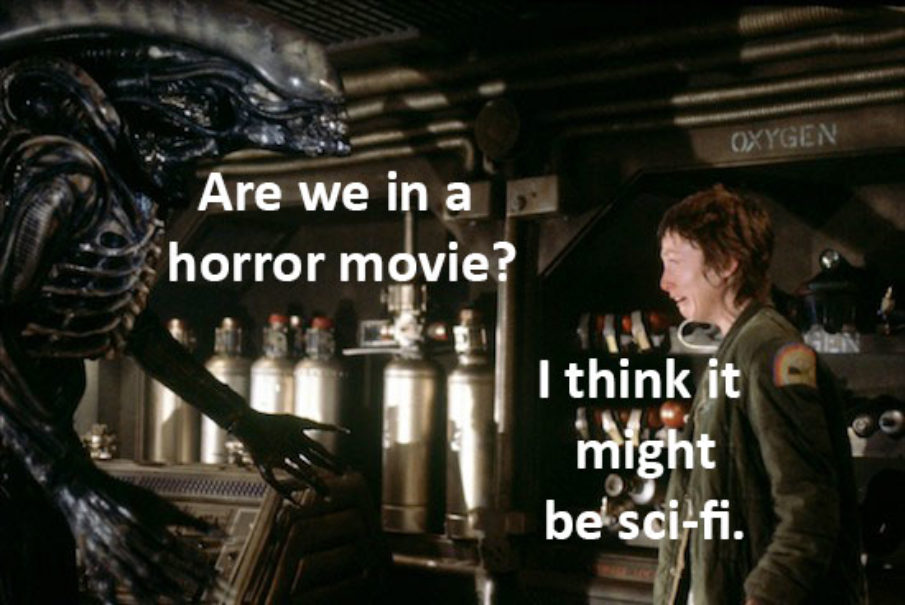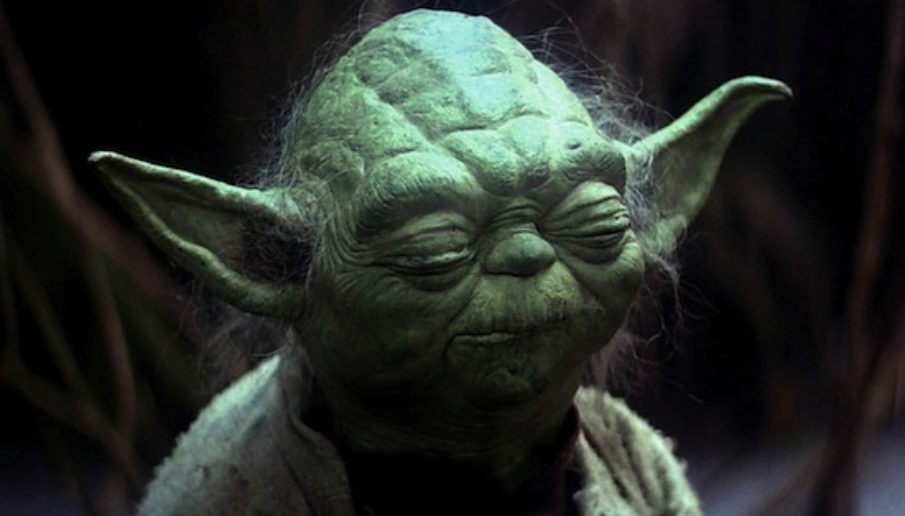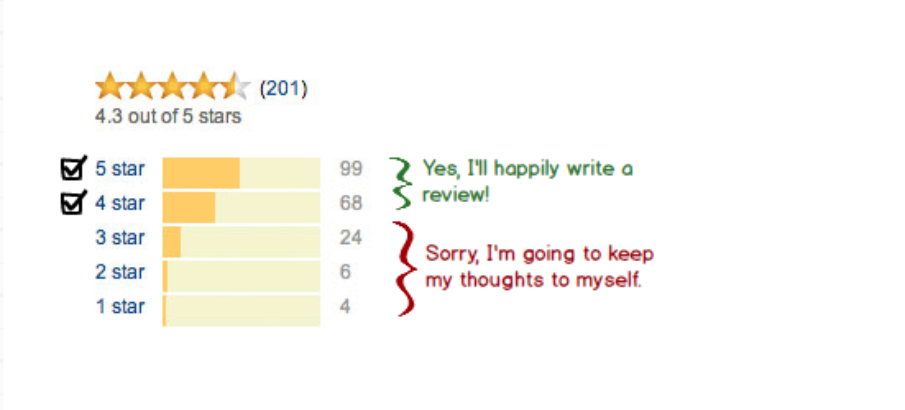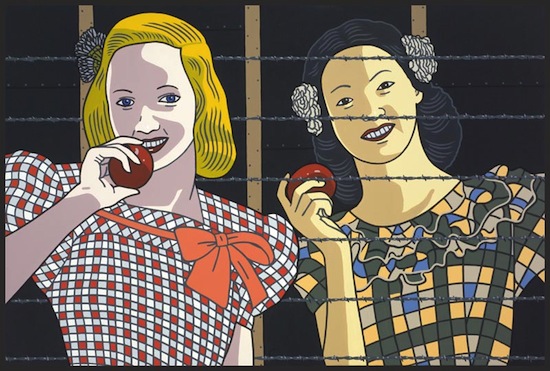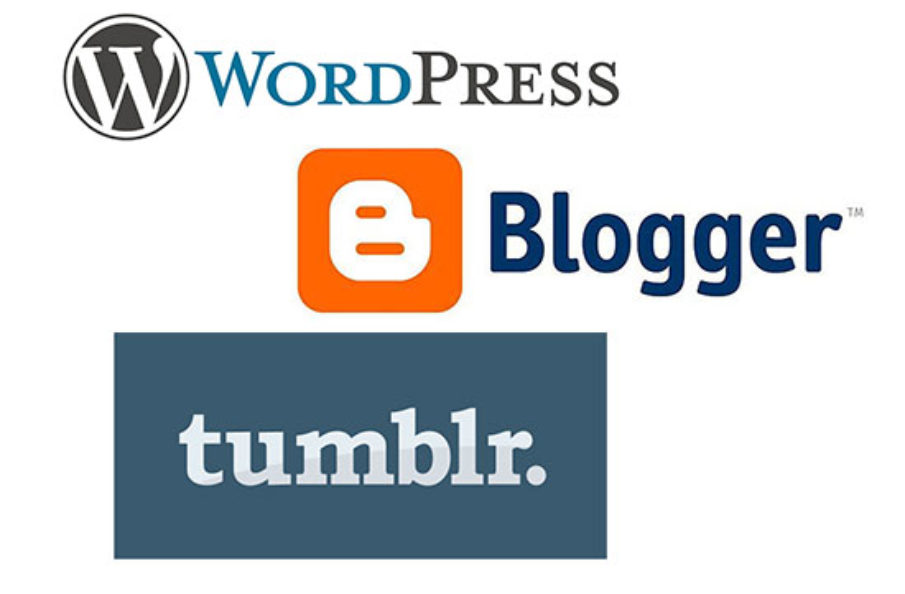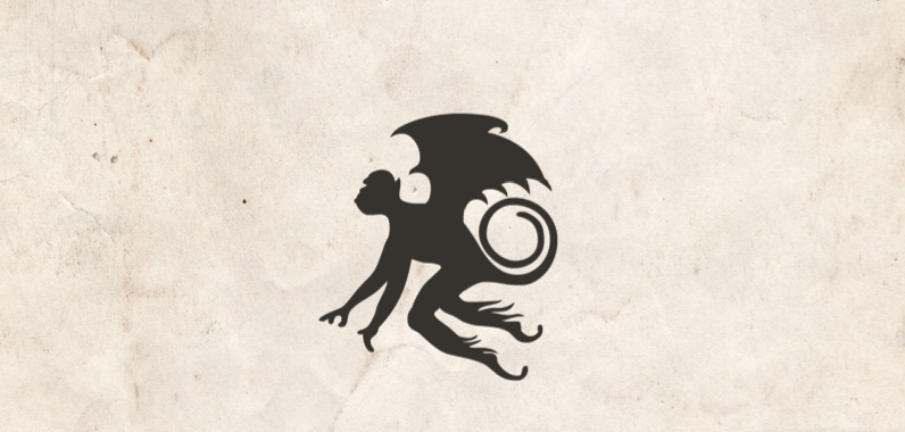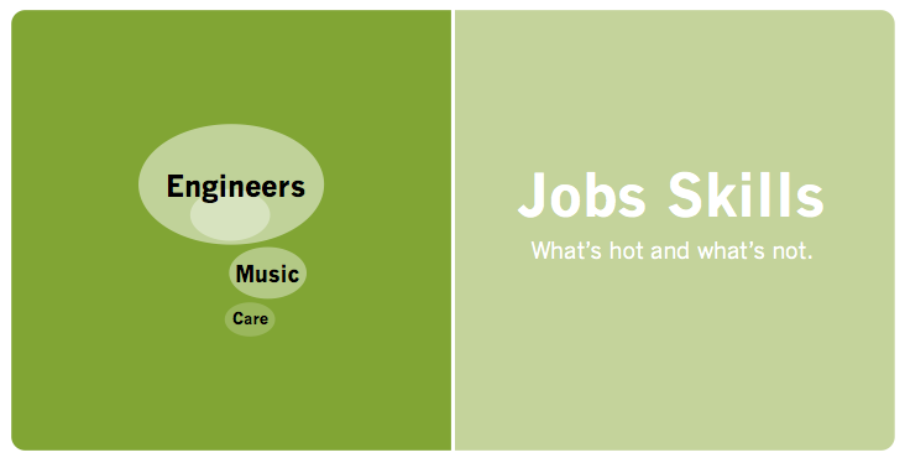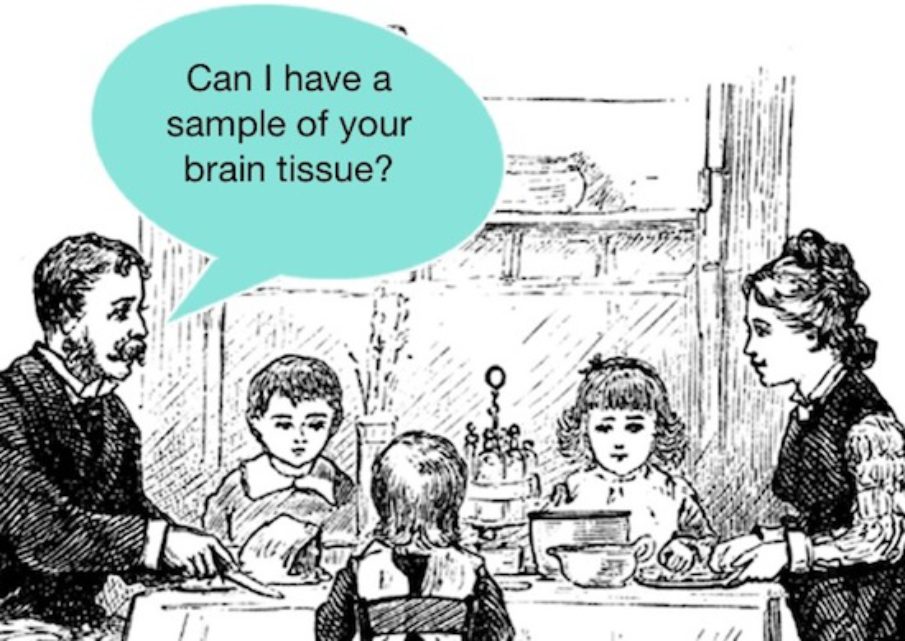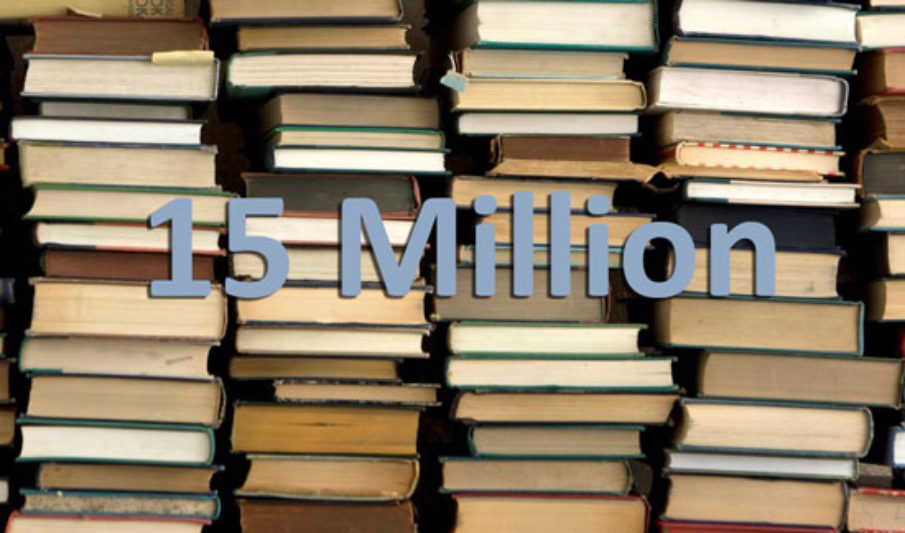The movie Alien (1979) is a great example of a cross genre film. Is it Science Fiction? Well, they are in space, they are surrounded by technology and computers, they communicate with a machine called “Mother” and there is an android. Seems like you can easily check the box for “science fiction” but wait… Aren’t people getting killed left and right? Isn’t there a giant monster stalking people? Isn’t half the movie more about suspense and terror than technology? So maybe it’s a horror movie.
What we’re left with is a cross-genre film categorized as science fiction / horror or is it horror / science fiction? When you go to the store to buy the movie, you typically find the film in the science fiction section. But who decided that it was more science fiction than horror?
What is a Genre?
What does genre mean? How do we categorize something as one genre or another?
Setting
If it’s raining and your characters are haunting the back alleys of the 1920’s Chicago streets, there’s a good chance you’re in a noir or crime story.
Goal of Author
Many classic science fiction stories are more concerned with making a point than telling a story. The author’s goals play into what genre the story is interpreted as.
Type of Story
If you’re writing a romance, you better have people falling in (or out) of love.
Audience Expectations
If your readers are crime fiction fans, then they’ll be expecting clues to help them determine the murderer. If you provide superfluous details that might be right at home in a literary fiction, you may frustrate and confuse readers.
Everything is Niche Now
No matter what form of entertainment you’re talking about, things have become more niche. Whether it be books, music, movies, or video games, we’ve seen a merging of two or even more genres. Whereas pulp science fiction stories from the 1950’s had little characterization but heavy “science”, now we have deep characters, science, and even fantasy elements in many of the most popular science fiction books in recent years.
Chris Anderson, in his book, The Long Tail: Why the Future of Business is Selling Less of More, predicted this evolution of popular media into ever more specific niches. With a virtually unlimited supply of content (where we are quickly heading with media), people will gravitate to more personalized content. Genres will have sub-genres which will have sub-genres into ever more specific and targeted layers.
So Are Genres Still Necessary?
If there are no genres, how do you describe a book? In fact, it could be argued that as the supply of content increases, genres play an ever more important role in giving us context and understanding. The problem is that when you have so many genres, they become confusing and meaningless themselves.
This is why I Ignore genres during first drafts. I don’t want to be boxed in. Genre is definitely helpful for me to describe the book to others once I have a good idea what it is turning out to be but I don’t necessarily sit down to write a specific type of genre. I work to make a great story and then let it go where it takes me.
I’m honestly not sure how we are going to find ways to categorize and understand the mass of knowledge that is growing exponentially currently. But for now, using genres and sub-genres is “kind of” working and it’s the best we’ve got.
